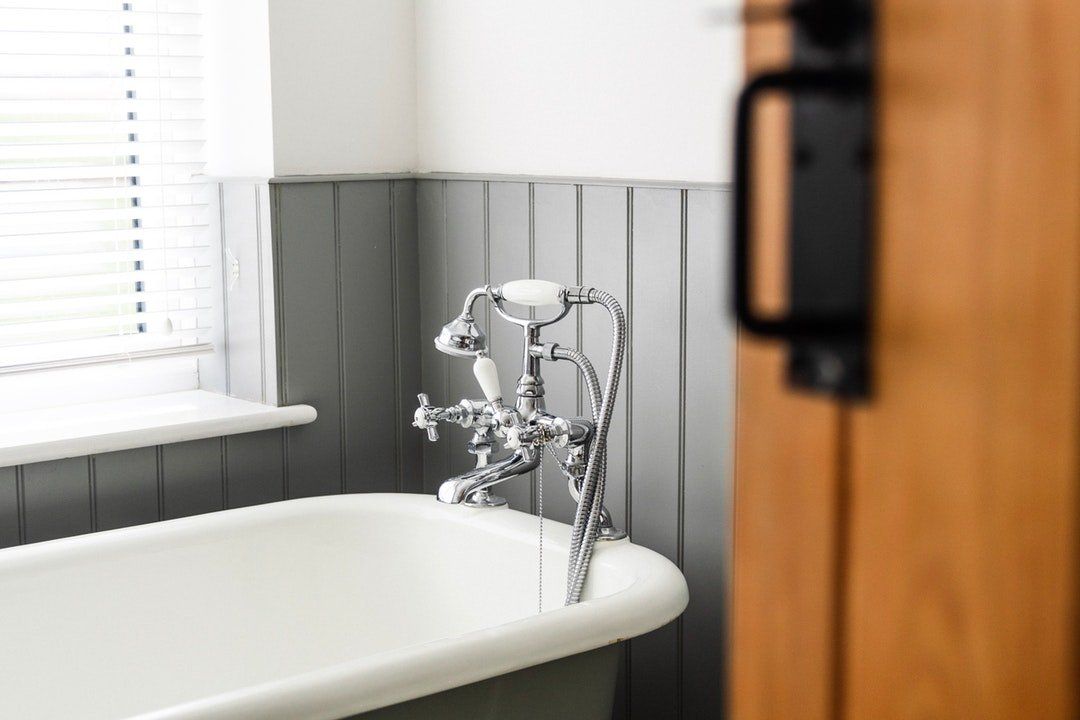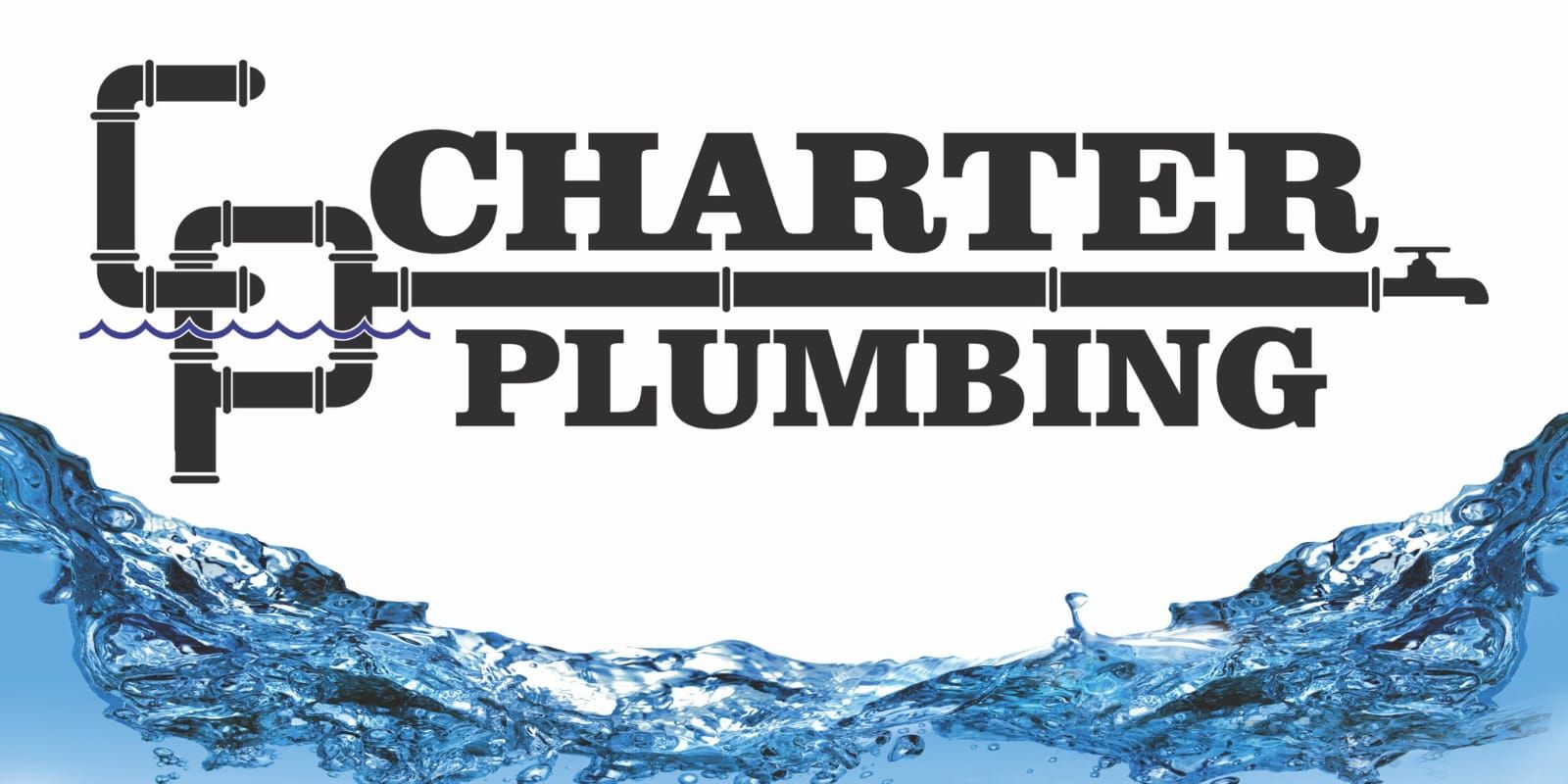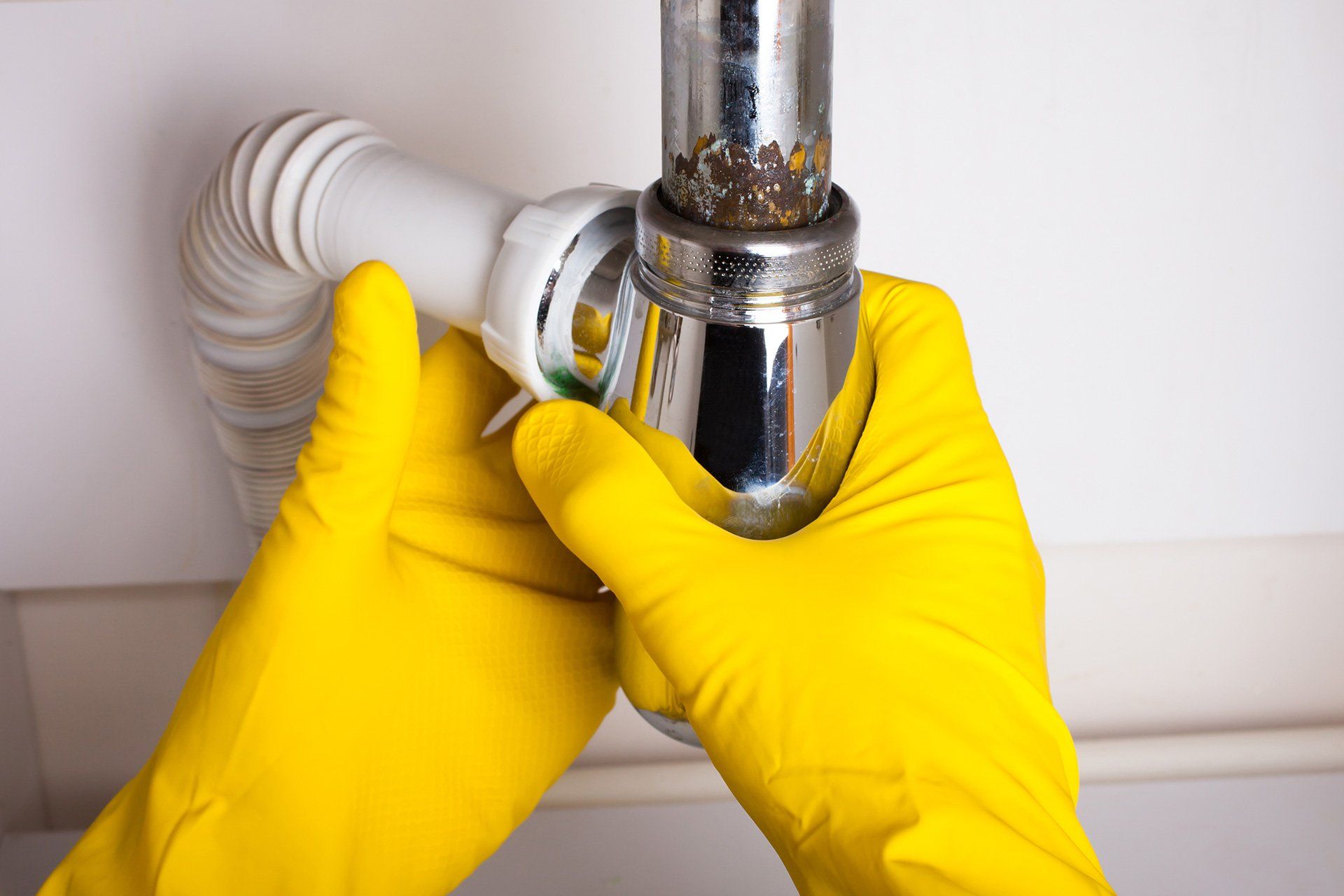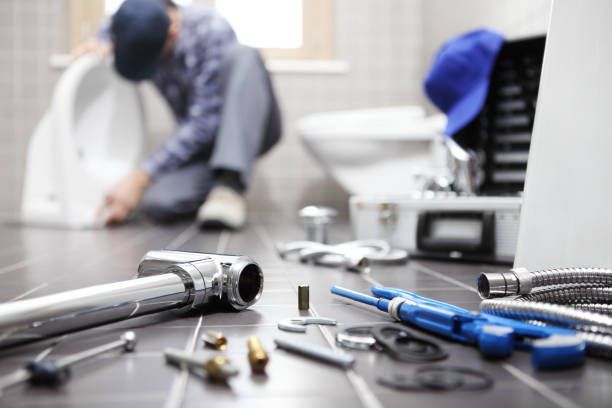Tankless Water Heater Maintenance Tips
Tankless water heaters have revolutionized home water heating with their energy efficiency and compact design. However, like any appliance, regular maintenance is essential to keep them running smoothly and extend their lifespan. With proper care, you can ensure optimal performance and avoid costly repairs or replacements. Here are simple yet effective maintenance tips for your tankless water heater.
Why Is Tankless Water Heater Maintenance Important?
Tankless water heaters heat water on demand, minimizing energy waste. However, mineral buildup, wear and tear, and environmental factors can reduce their efficiency over time. Regular maintenance helps:
• Prolong the unit’s lifespan.
• Ensure consistent hot water supply.
• Improve energy efficiency.
• Prevent expensive breakdowns or replacements.
Signs Your Tankless Water Heater Needs Maintenance
• Fluctuating water temperature or inadequate hot water.
• Lower water pressure.
• Unusual noises like hissing or popping.
• Error codes displayed on the control panel.
• Increased energy bills without a clear reason.
Essential Tankless Water Heater Maintenance Tips
1. Descale the System Regularly
Minerals like calcium and magnesium from hard water can accumulate in your heater’s heat exchanger, reducing efficiency. Perform descaling or flushing every 6–12 months:
• Use a descaling kit or white vinegar to flush out deposits.
• Consult your heater’s manual for specific instructions.
2. Clean the Inlet Filter
The inlet filter prevents debris from entering your water heater. Over time, it can become clogged, impacting performance.
• Turn off the water supply and remove the filter.
• Rinse it under running water to remove debris.
• Reinstall the filter securely before turning the water back on.
3. Check for Error Codes
Modern tankless water heaters often feature diagnostic displays. Regularly check for error codes and address issues promptly by consulting the user manual or contacting a professional.
4. Inspect and Clean the Venting System
Tankless water heaters with venting systems require periodic inspection to ensure proper airflow and prevent blockages.
• Clear dust, debris, or obstructions from vents.
• Check for loose connections or signs of wear in vent pipes.
5. Flush the Unit After Extended Inactivity
If your tankless water heater hasn’t been used for an extended period, flush the system to remove stagnant water and ensure fresh, clean water for use.
Preventative Measures for Optimal Performance
Install a Water Softener
If your home has hard water, consider installing a water softener. This reduces mineral buildup, protecting your heater and improving its efficiency.
Schedule Annual Professional Inspections
Even with regular DIY maintenance, an annual inspection by a licensed technician ensures your water heater is in peak condition and identifies potential problems early.
Use a Surge Protector
Protect your heater’s electronics from power surges by installing a surge protector. This can prevent costly repairs to control boards and sensors.
Maintain Proper Clearance
Ensure adequate space around the heater for ventilation and easy access during maintenance. Check local building codes for clearance guidelines.
Common Mistakes to Avoid
• Ignoring Descaling: Mineral buildup can severely damage your heater if neglected.
• Using Harsh Chemicals: Stick to manufacturer-approved solutions for cleaning and descaling.
• Skipping Professional Inspections: Relying solely on DIY care can miss hidden issues.
• Neglecting Seasonal Checks: Perform maintenance before and after periods of heavy usage, such as winter.
FAQs
How often should I flush my tankless water heater?
Flushing every 6–12 months is ideal, but homes with hard water may require more frequent maintenance.
Can I descale my tankless water heater myself?
Yes, with proper tools and guidance, descaling can be a DIY task. However, follow your heater’s manual for detailed instructions.
Why is my tankless water heater making noise?
Noises like popping or hissing often indicate mineral buildup in the heat exchanger. Flushing the system can resolve this issue.
Is a water softener necessary for tankless water heaters?
While not mandatory, a water softener significantly reduces mineral buildup in hard water areas, extending your heater’s lifespan.
What should I do if my heater displays an error code?
Consult the user manual to identify the issue. If the problem persists, contact a professional technician.
Can I use vinegar to descale my water heater?
Yes, white vinegar is a safe and effective descaling agent. Ensure all vinegar is thoroughly rinsed out before use.
Conclusion
Regular maintenance is the key to ensuring your tankless water heater operates efficiently and lasts for years to come. By descaling, cleaning filters, and scheduling professional inspections, you can enjoy uninterrupted hot water while minimizing energy costs. Start incorporating these simple tips into your routine to keep your water heater in top-notch condition.
Write about what you know
Write about something you know. If you don’t know much about a specific topic, invite an expert to write about it. Having a variety of authors in your blog is a great way to keep visitors engaged.
Speak to your audience
You know your audience better than anyone else, so keep them in mind as you write your blog posts. Write about things they care about. If you have a company Facebook page that gets lots of comments, you can look here to find topics to write about.
Take a few moments to plan your post
Once you have a great idea for a post, write the first draft. Some people like to start with the title and then work on the paragraphs. Other people like to start with subtitles and go from there. Choose the method that works for you.
Don’t forget to add images
Be sure to include a few high-quality images in your blog. Images break up the text and make it more readable. They can also convey emotions or ideas that are hard to put into words.
You might also like
Smart Plumbing Solutions




